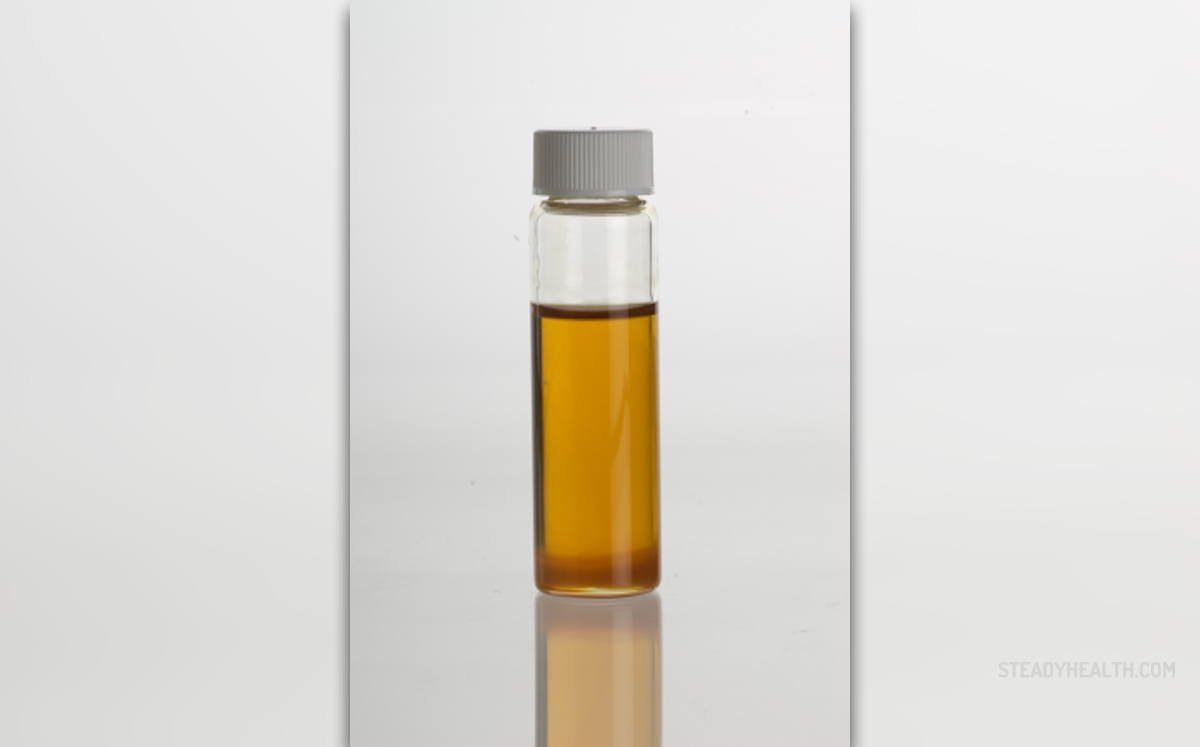
Myrrh oil is extracted from Commiphora myrrha, flowering plant of the Burseraceae family. This plant is also known as bola, myrrha, gum, common and hirabol myrrh. Myrrh is the dried oleo gum resin of a number of Commiphora species of trees. Myrrh is produced by the tree as a response to a focused wound through the bark and into the sapwood. Myrrh has characteristic rich fragrance, for which it has been valued from ancient times. Ancient Egyptians used myrrh for embalming the mummies, and it has been valued almost as gold. Myrrh has been used as a perfume, incense and a natural remedy.
Benefits of myrrh oil
Myrrh essential oil is widely used in aromatherapy. Essential oils, such as myrrh oil, are absorbed into the circulatory system via absorption through the skin or mucous membranes. When the oil molecules enter the blood stream, they travel throughout the body, making the beneficial effect on living cells and tissues. Myrrh oil has a number of therapeutic properties such as: anti-catarrhal, anti-inflammatory, antimicrobial, antiphlogistic, antiseptic, astringent, balsamic, carminative, cicatrisant, emmenagogue, expectorant, fungicidal, sedative, digestive and pulmonary stimulant, stomachic, tonic, uterine and vulnerary.
Myrrh oil helps in reducing the mucus in the lungs and helps with the recovery from colds, catarrh, coughs, sore throats and bronchitis. This oil is also beneficial in the treatment of diarrhea, dyspepsia, flatulence and hemorrhoids. As an astringent, myrrh essential oil strengthens the gums on teeth and, combined with antimicrobial and antiseptic properties, treats various disorders such as mouth ulcers, pyorrhea, gingivitis, spongy gums and sore throats.
The oil can also be applied topically, to treat boils, skin ulcers, bedsores, cracked skin, ringworm rash, wounds, eczema and athlete's foot.Myrrh oil is highly appreciated in aromatherapy as a sedative, anti depressant and as a promoter of spiritual feelings. It is often used to boost positive mood and relieve stress. Those who meditate often use myrrh essential oil as incense with sandalwood.
Application and precautions
The oil can be used in burners and vaporizers, as massage oil or diluted in the bath. Due to its pleasant scent and antimicrobial properties, myrrh oil is often used as a mouthwash. Myrrh oil can be used diluted on a cold compress, or in creams and lotions, for topical application.
Myrrh oil can produce a great number of side-effects especially in people with sensitive skin and pregnant women. This oil can act as a uterine stimulant and promote menstruation, thus it should be avoided during pregnancy. Large amounts of myrrh oil can obstruct a normal heath rate.








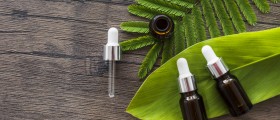
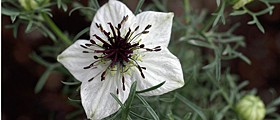
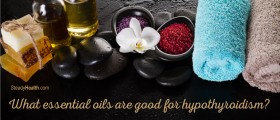

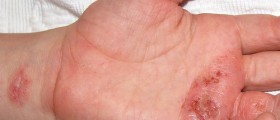




Your thoughts on this
Loading...